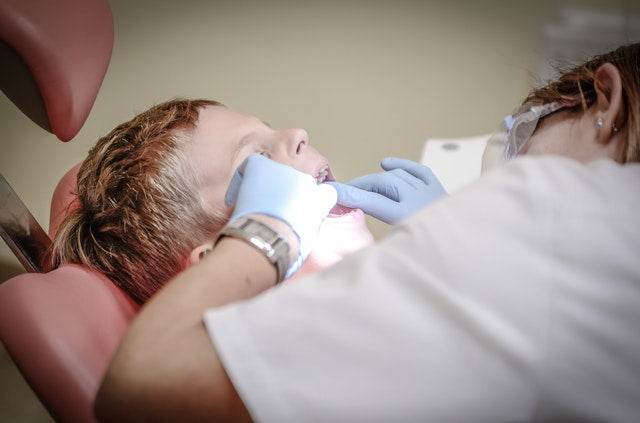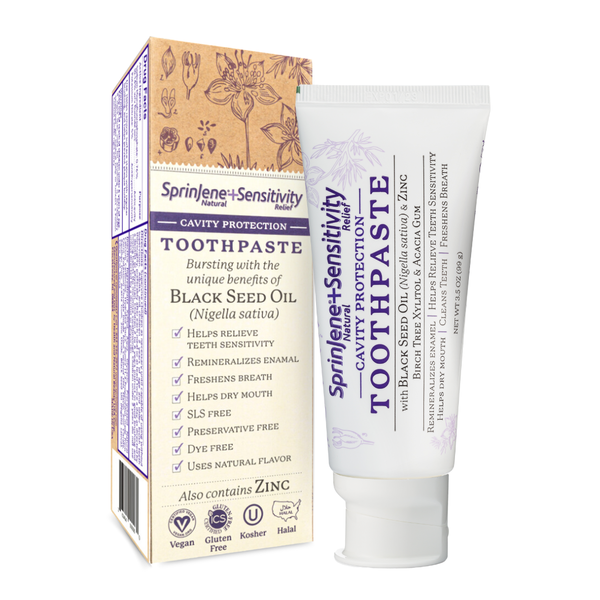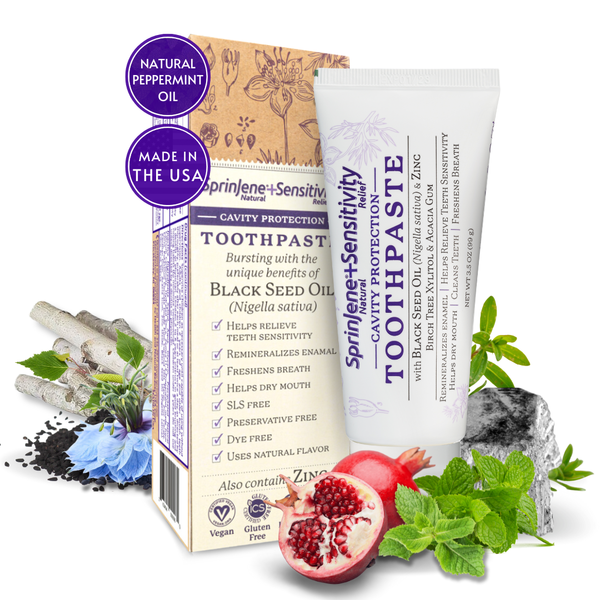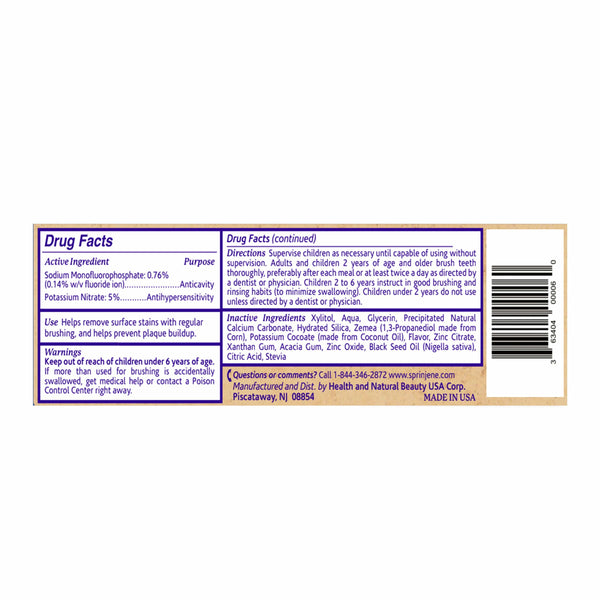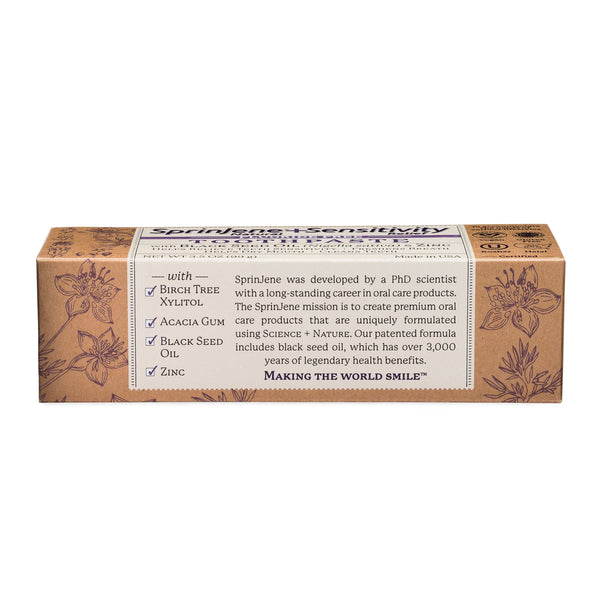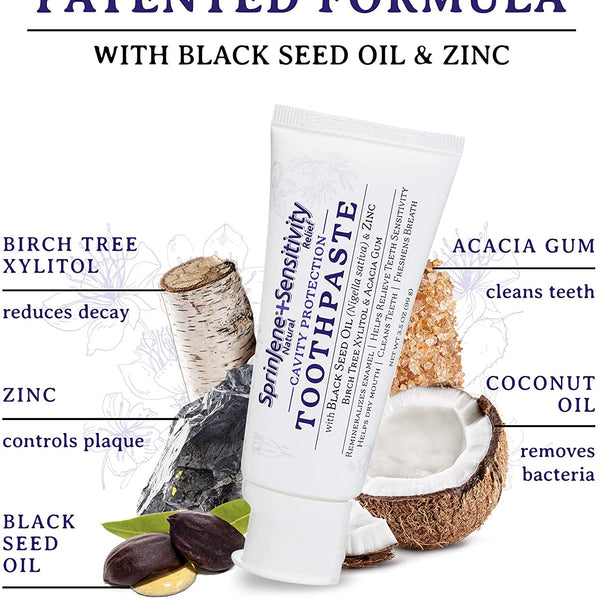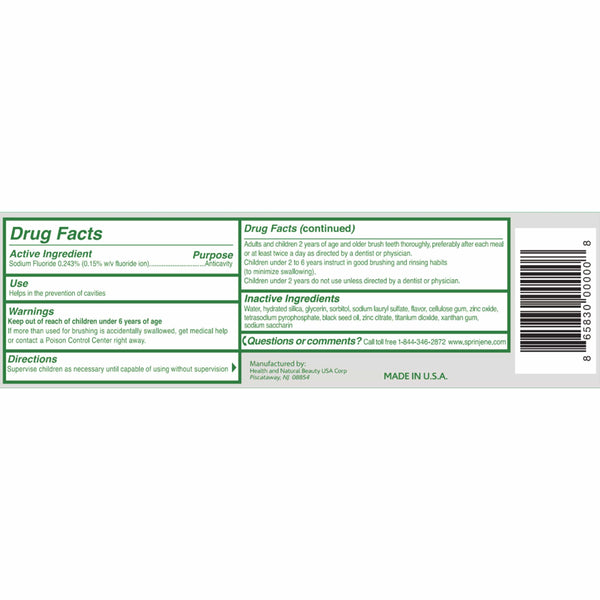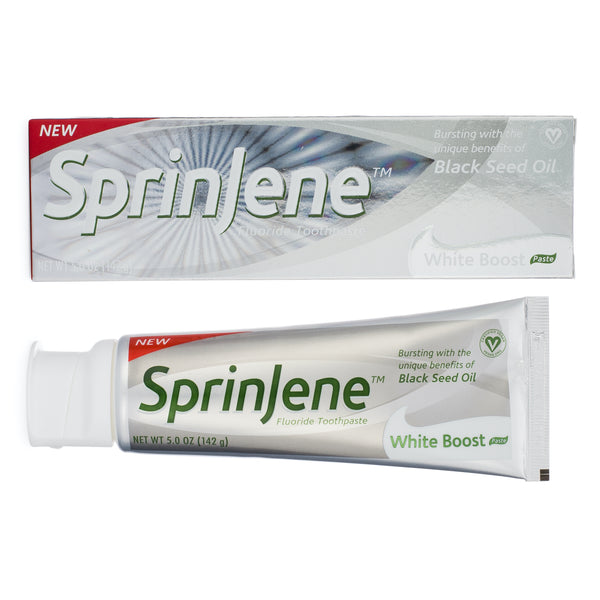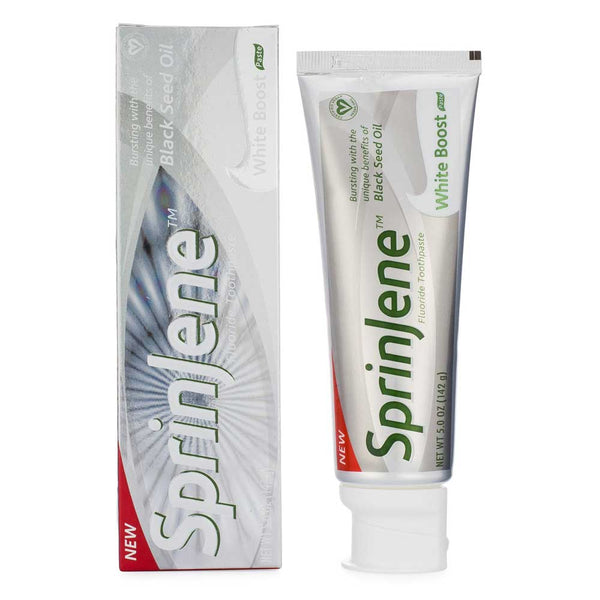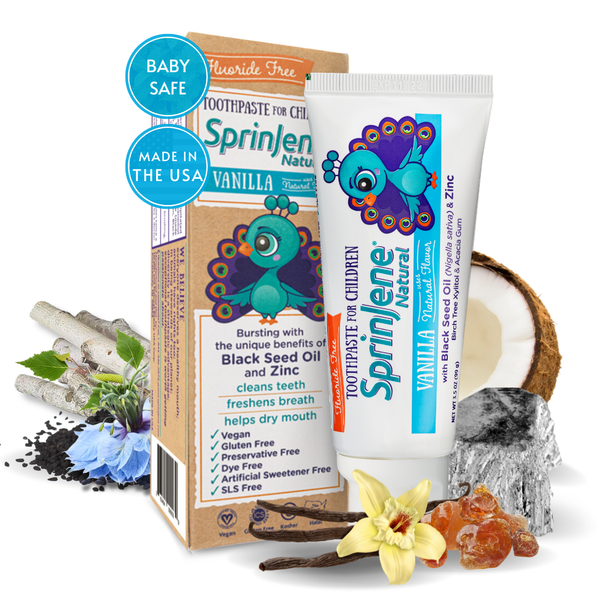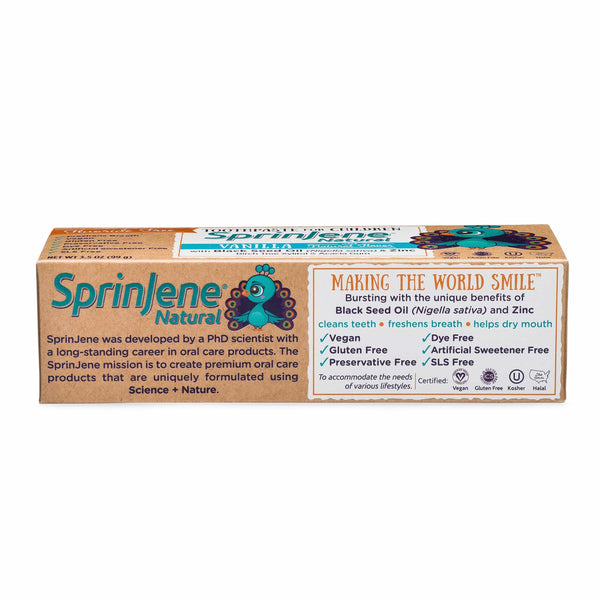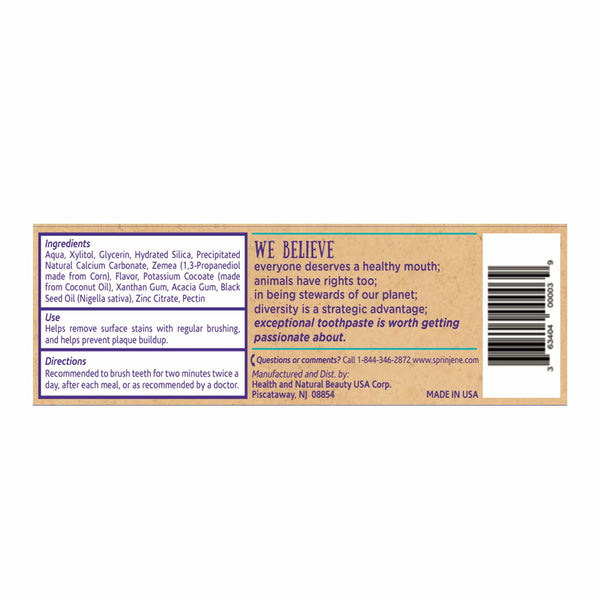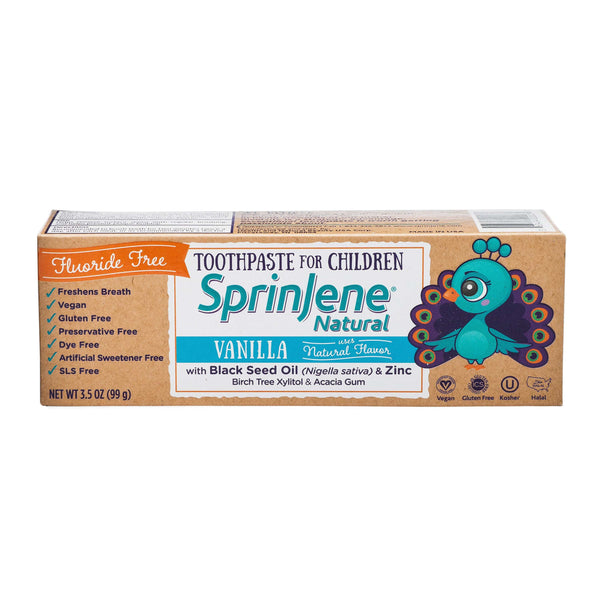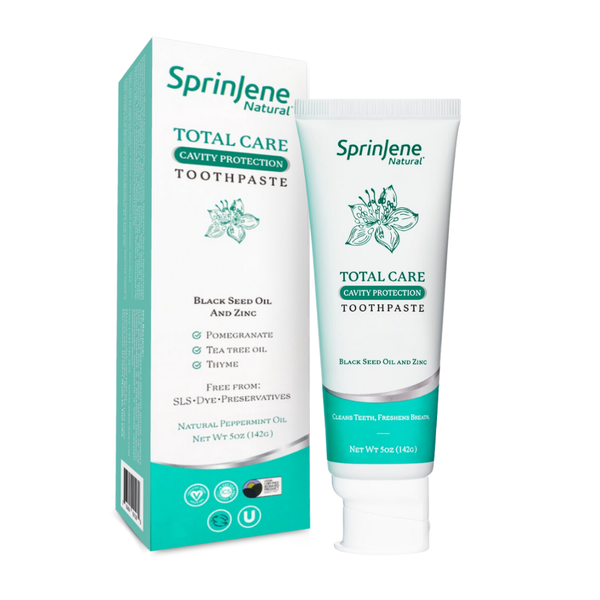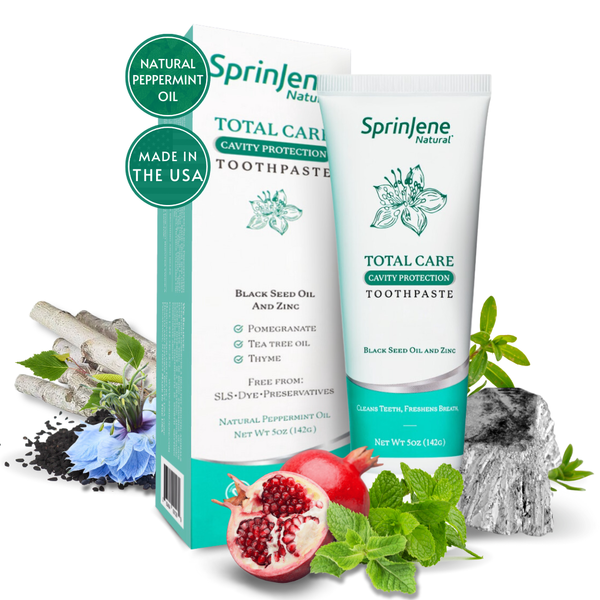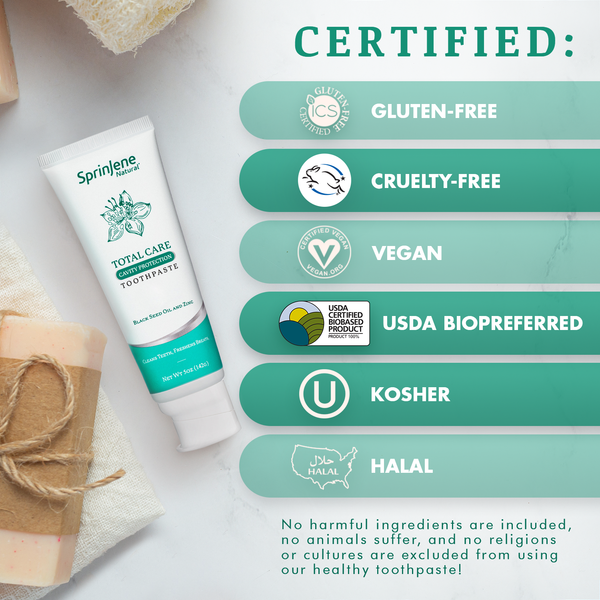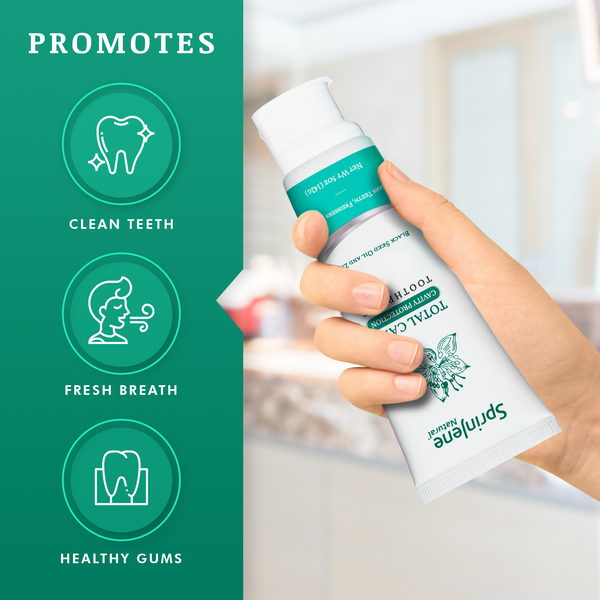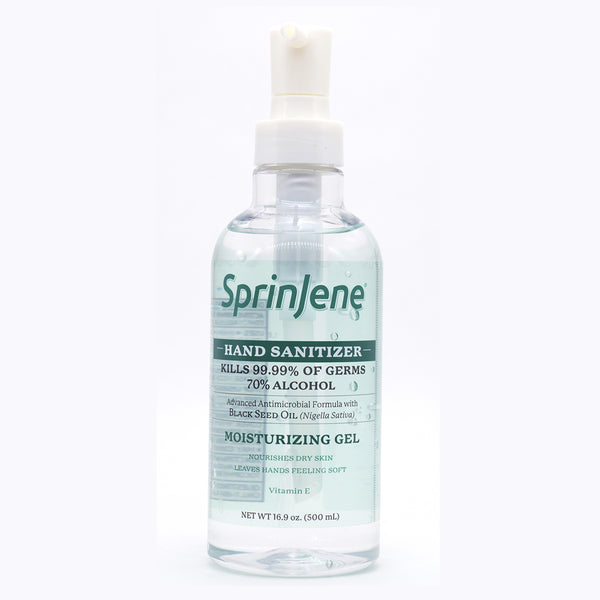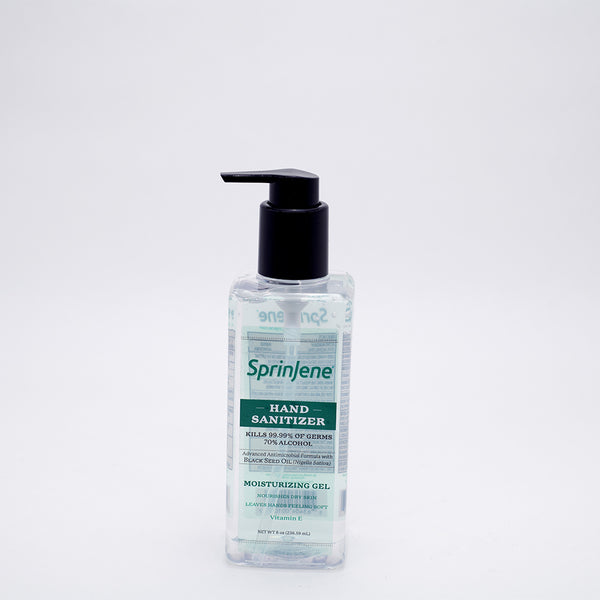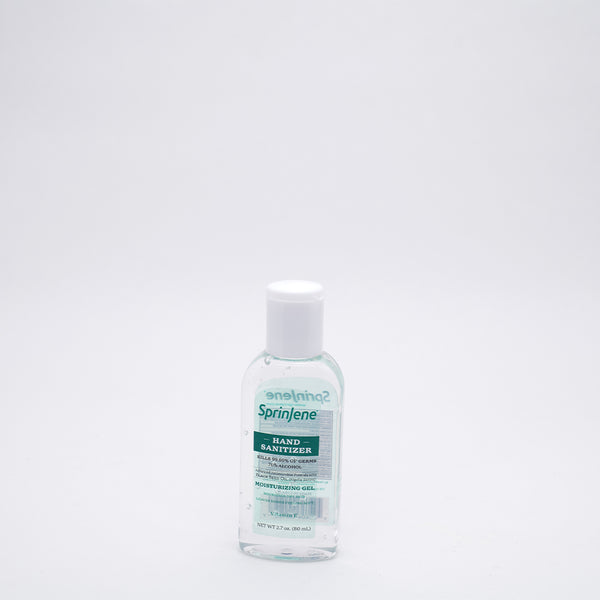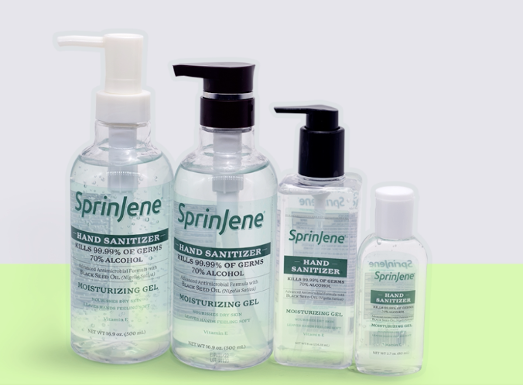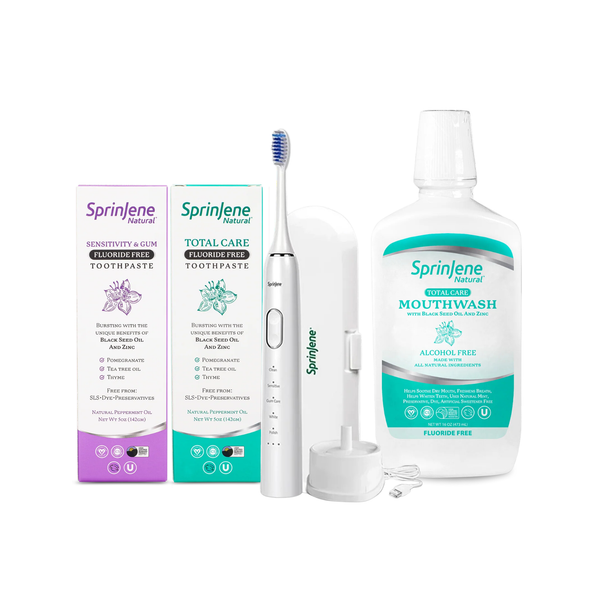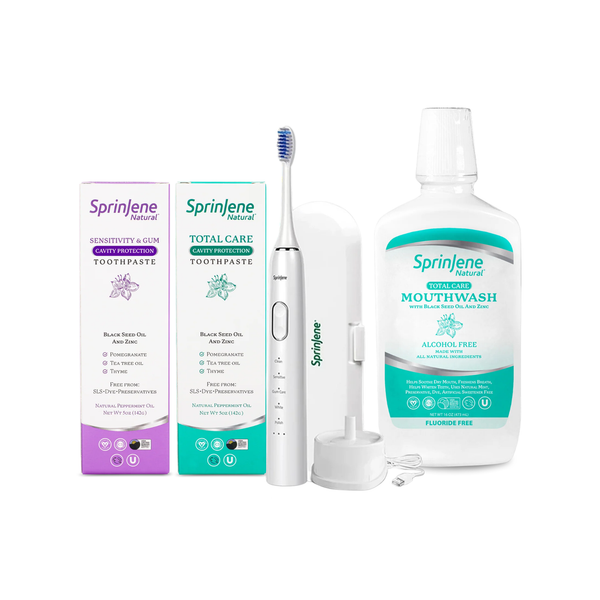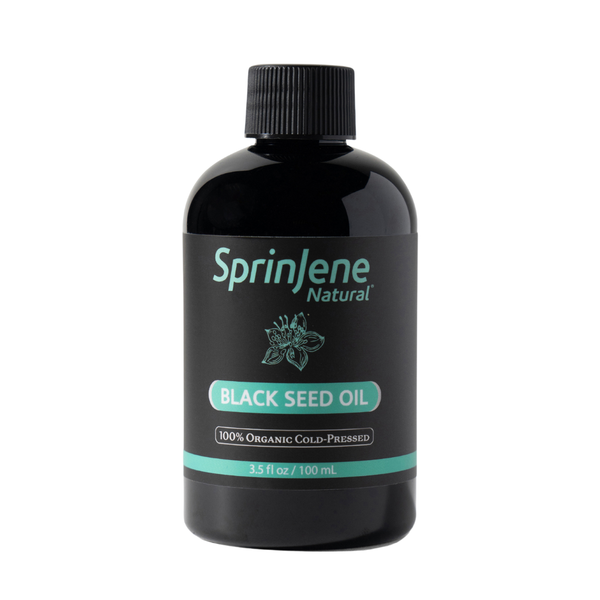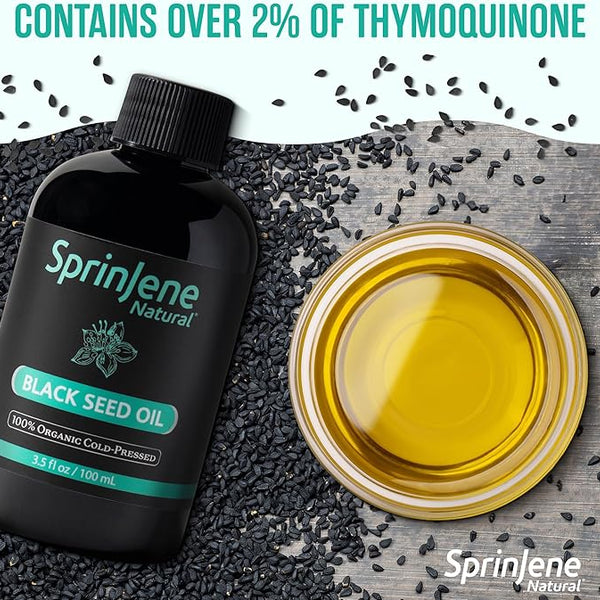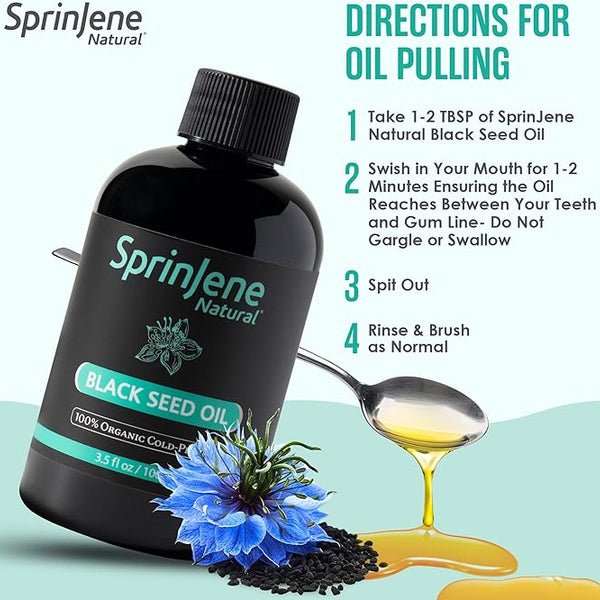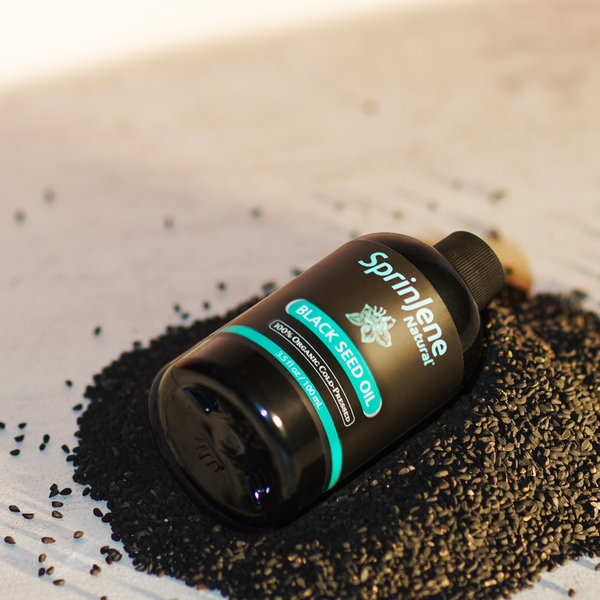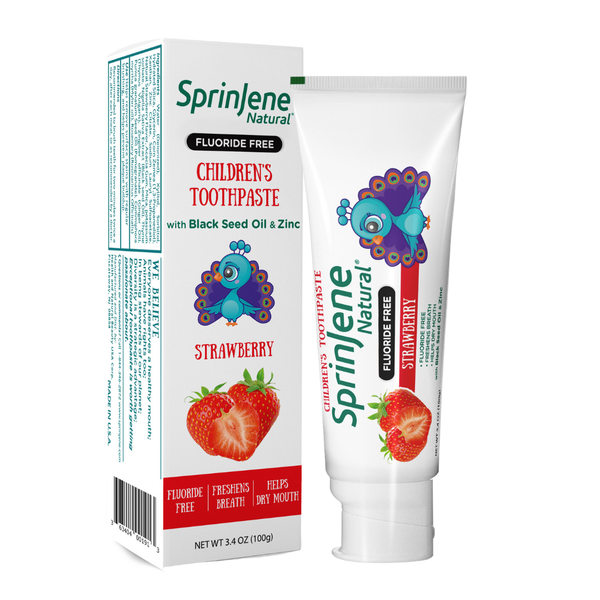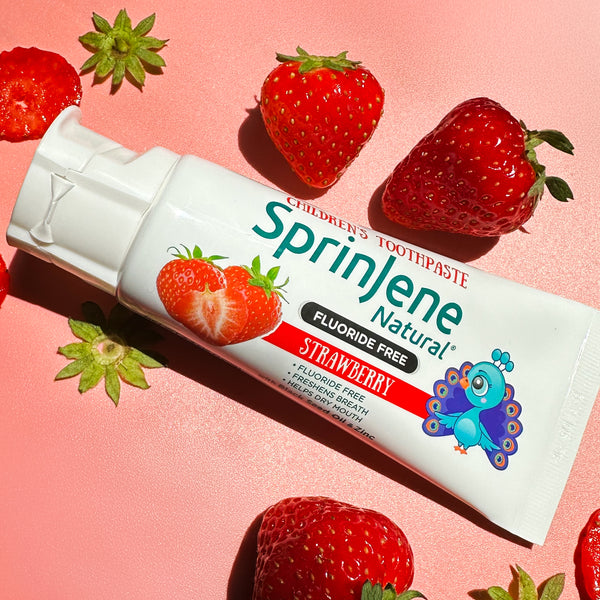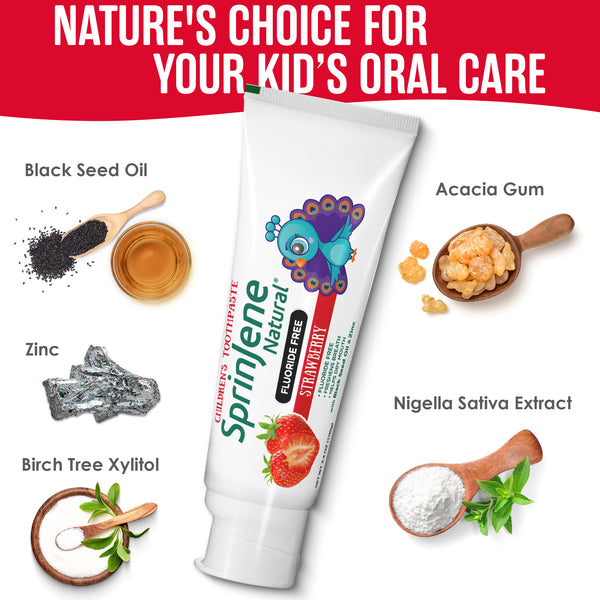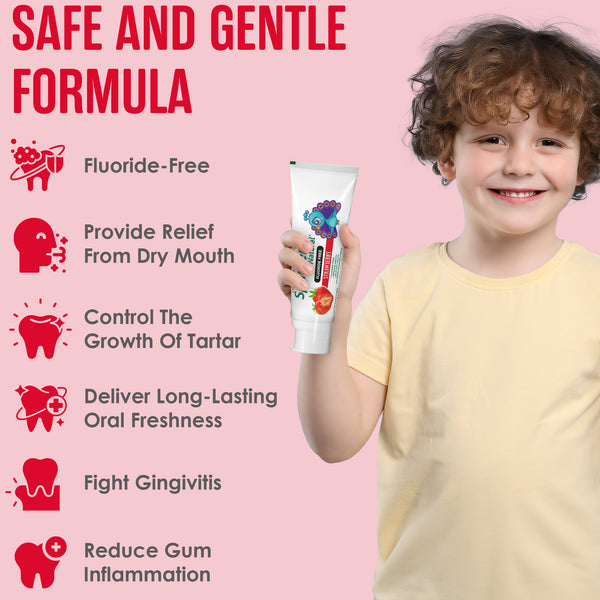
Bleeding gums are the most common symptom of gum disease but it also point to other health problems. Bleeding gums or gingival bleeding can be associated with direct trauma, bacterial, viral or fungal infection, taking certain drugs, pregnancy, dermatoses, and systemic conditions. However, persistent gingival bleeding is considered serious and may be linked to conditions such as leukemia and bleeding and platelet disorders.
Healthy gingiva is pink, firm, and tapered tissue surrounding the teeth which does not bleed on probing and tooth brushing under normal circumstances. Where-as unhealthy gingiva appears darker red, inflamed, swollen and bleeds easily on probing. Gingival bleeding occurs mainly due to inadequate plaque removal which results in the thinning, ulceration, necrosis of gingival epithelia coupled with engorgement of blood vessels. Maintaining good oral hygiene helps to prevent dental problems mainly periodontal disease and dental caries. Poor oral hygiene and a sugary diet are two of the greatest risk factors for oral disease. Daily oral self-care to control supra-gingival plaque can help slow down and reducing the shift to a pathogenic environment.
Thorough removal of plaque from all tooth surfaces by professional cleaning once every six months, regular oral self-care, including tooth brushing and flossing, is essential to prevent the onset and development of inflammatory periodontal disease and dental caries. But care should be taken while brushing as aggressive tooth brushing may sometimes traumatize the gingival tissues, which can lead to gingival recession over a period of time.
Causes of Bleeding Gums:
Occasional bleeding of the gums can be caused by brushing your teeth too vigorously or wearing dentures that don’t fit correctly. Frequent gum bleeding can also indicate more serious conditions, including:
- Periodontitis(An Advanced Form Of Gum Disease)
- Leukemia(Cancer Of The Blood)
- Vitamin Deficiency
- Lack of clotting cells (platelets)
Dental Conditions that Cause Bleeding Gums:
Dental conditions are the primary cause of gingival bleeding.
Gingivitis:
Most people develop gingivitis when plaque is left to accumulate along the gum margins. Plaque refers to the food debris and bacteria that sticks to your teeth. Brushing and flossing regularly removes plaque and can protect your teeth from developing cavities (dental caries). But if plaque isn’t removed it can harden into tartar (calculus) which is difficult to remove by tooth brushing at home and requires professional cleaning. The accumulation of tartar which consists of bacteria causes inflammation of your gums causing gingivitis and localized bleeding.
Symptoms of gingivitis include:
- Swollen gums
- Sore and tender gums
- Gums that bleed easily
Periodontitis:
Periodontal disease (periodontitis) can occur when gingivitis becomes advanced. Periodontal disease is an infection of the gums, jawbone, and supportive tissues that connect your teeth and gums and is accompanied by severe pain. Periodontitis can cause your teeth to become mobile and eventually fall out.
Symptoms:
- Pain
- Red, raw, swollen gums
- Bleeding at the slightest touch
- Bad breath
- Bad taste in mouth
- Fever
- Tooth mobility
- Receding gums
Vitamin Deficiencies:
Vitamin C and vitamin K deficiencies can also cause gums to bleed easily. It is important to follow a diet that contains both nutrients to ensure you’re getting the vitamins you need to stay healthy.
Foods rich in vitamin C include:
- Citrus fruits and juices
- Broccoli
- Strawberries
- Tomatoes
- Potatoes
- Bell peppers
Foods rich in vitamin K include:
- Watercress
- Kale
- Spinach
- Swiss chard
- Lettuce
- Mustard greens
- Soybeans
- Canola oil
- Olive oil
Other Causes of Bleeding Gums:
- Denture wearers may sometimes experience bleeding gums. This is more likely when dentures fit too tightly.
- Pregnancy commonly causes gums to bleed due to hormonal changes that occur in the body causing the gums to become more sensitive.
- Bleeding disorders like hemophilia and leukemia can also increase your risk of bleeding gums. Your gums might bleed more often if you take blood-thinning medications. Drugs in this class include warfarin, aspirin, and heparin.
Treatment:
- Good dental hygiene is the first step to managing bleeding gums. This includes using a good quality tooth paste with the right ingredients, mouth rinse, brushing twice a day, brushing with the proper technique and flossing.
- Professional cleaning twice a year.
- Warm salt water rinses and chlorhexidane mouth rinses are excellent for removing bacteria and soothing gums.
It is also recommended to use a soft toothbrush as it will be gentle on inflamed gums, especially if you experience bleeding after brushing your teeth. Medium and hard bristles may be too abrasive for your delicate gums.
Toothpaste for Bleeding Gums:
Ideally you need a toothpaste that has:
- Fluoride
- Anti-microbial properties
- Anti-inflammatory properties
- Is not an irritant
SprinJene Natural tooth paste is an excellent toothpaste made form 100 percent natural ingredients. It is chemical free and has no side effects.
Patented Zinc and Black Seed Oil Formula!
Natural Sensitivity Relief Toothpaste with Cavity Protection features a patented formula with zinc and black seed oil, along with “good for you” ingredients like coconut oil, birch tree xylitol, and acacia gum. Plus, potassium nitrate is added to make brushing gentler on sensitive teeth. This patented natural toothpaste for sensitive teeth can help to:
- Control the growth of tartar.
- Deliver long-lasting oral freshness.
- Fight gingivitis (gum disease).
- Reduce gum inflammation.

